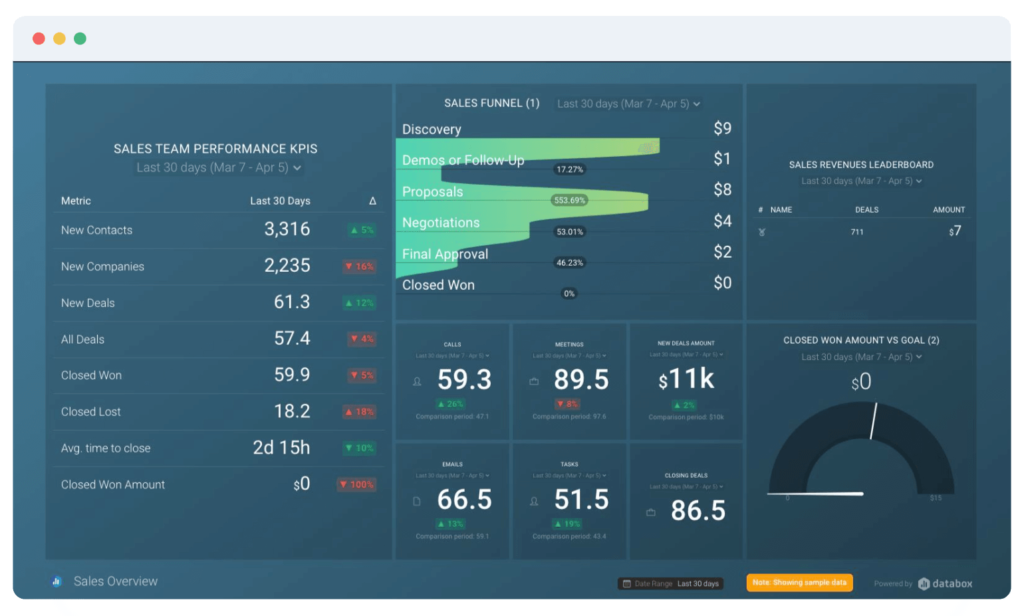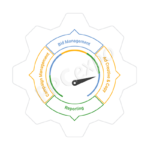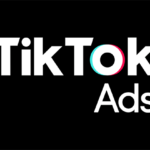A failed digital marketing campaign can be a frustrating and costly experience, but it doesn’t have to be the end of the road for your business. Instead of giving up, it’s important to take the time to evaluate what went wrong and learn from your mistakes.
In this blog post, we’ll discuss the steps you can take to understand why your campaign didn’t perform as well as you hoped, and what you can do to ensure that your next campaign is a success.
We’ll cover the importance of evaluating your results, considering any outlier variables that may have affected your campaign, and creating a detailed plan for your next marketing efforts. Whether you’re new to digital marketing or a seasoned pro, this guide will provide you with the tools and knowledge you need to recover from a failed campaign and move forward with confidence.
What Were Your Initial Digital Marketing Goals?
Evaluating the digital marketing goals you set for your campaign is an essential step in understanding why it may have failed. The first thing you should do is determine whether or not you had clear, measurable goals in place. Without clearly defined goals, it can be difficult to assess whether your digital marketing campaign was successful or not.
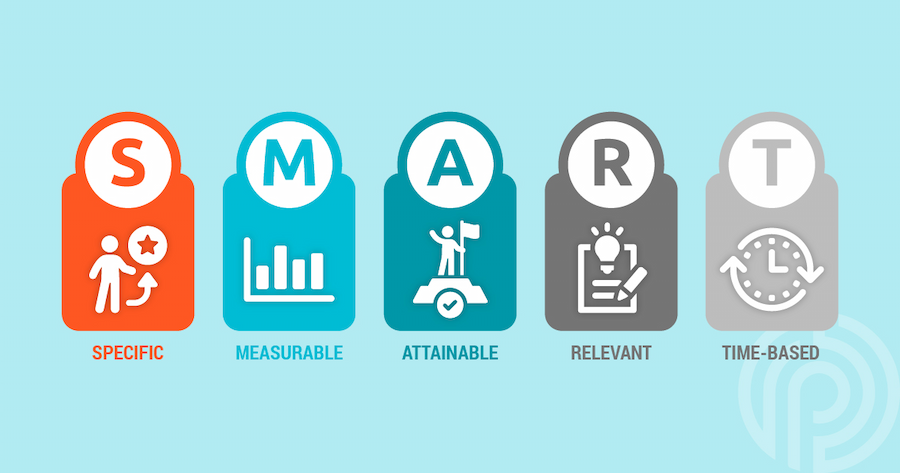
Realistic Campaign Goals
Whether you had a digital marketing agency help with your campaign or you ran it in-house, it’s important to start by evaluating whether they were realistic and appropriate for your business. For example, if your goal was to increase website traffic by 50% in one month, it may not have been realistic given your current website traffic and audience size. Or if your goal was to increase conversion rates by 20% but you don’t have a proper e-commerce platform, that could be unrealistic.
Overall Business Alignment
It’s also worth considering whether your goals were aligned with the overall objectives of your business. For example, if your primary objective is to generate leads, it may not make sense to focus solely on increasing brand awareness. This misalignment might happen if you don’t have clear buyer personas, or you didn’t conduct a proper market research to understand your target audience.
SMART Marketing Goals
Finally, after analyzing the goals you set for the campaign, it is good to evaluate whether they are SMART (Specific, Measurable, Achievable, Relevant, and Time-bound) or not. This ensures that you have a clear idea of what you want to achieve, how you will measure success, and a time frame for when you expect to achieve it.
Evaluate Your Campaign Data and Results
Using data to evaluate your digital marketing campaign is an essential step in understanding why it may have failed, and what you can do to improve in the future. The first thing you need to do is ensure that the data you have is accurate. This means checking for any errors or inconsistencies in your data, and making sure that you have a complete and representative sample.
Once you’ve ensured that your data is accurate, it’s time to start using it to evaluate your campaign. One way to do this is by looking at key performance indicators (KPIs), such as website traffic, conversion rates, and engagement rates. These metrics can help you understand how well your campaign performed in terms of reaching your target audience and achieving your desired outcome.
Data Sources by Digital Marketing Channel
Let’s say you didn’t do a great job of establishing KPI’s and setting up appropriate dashboards for your campaign. Where should you go to examine and take a good hard look at your results?
If your campaign focused on:
- Website Traffic or Conversions: Google Analytics. If you don’t have Google Analytics set up on your site, it’s never too late to get started. But unfortunately, you won’t have the most reliable data.
- Social Media Engagement: Native analytics within the platform. Facebook, Instagram, LinkedIn, and TikTok all have good native analytics for you to take a look at.
- SEO Performance: Search Console or tools like Ahrefs. If your goal involved SEO growth, you should be able to look at Search Console data. But if you don’t have Search Console set up, you can use third party tools like SEMRush or Ahrefs to evaluate search growth.
Try to identify the biggest factors that prevented you from success. These will be helpful as you plan future campaigns.
Consider Outlier Variables
Once you’ve evaluated your campaign’s performance and identified the areas you might have gone wrong, it’s important to consider any variables that might have impacted the campaign that you had no control over.
Outlier variables are external factors that may have influenced your campaign’s performance, but are not directly related to the campaign itself. These can include things like a global pandemic, a recession, or a big shift in the market that influenced product demand. These external factors can have a significant impact on consumer behavior, and it’s important to consider them when evaluating the success of your campaign.
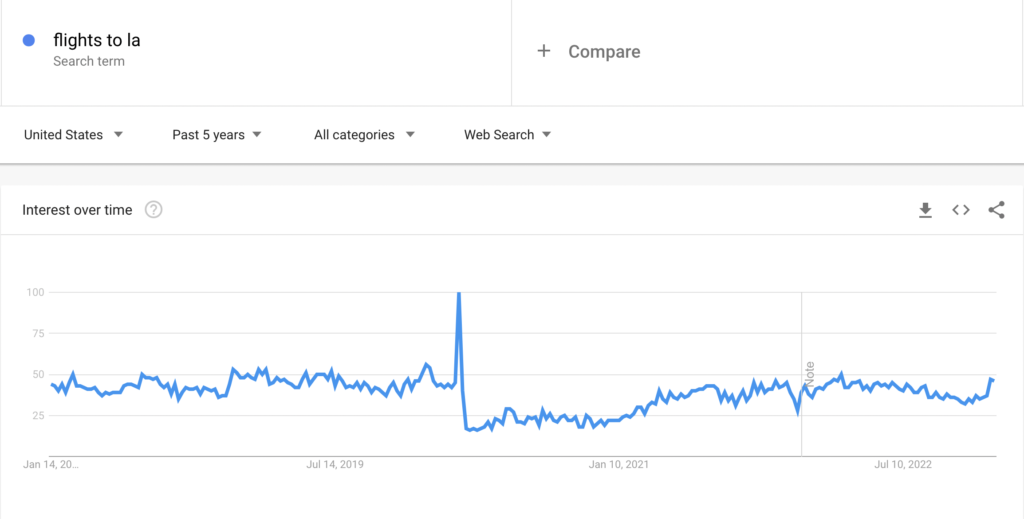
When assessing the impact of outlier variables on your campaign, it’s important to take a step back and look at the bigger picture. For example, if your campaign was launched during a recession, it may not have been the right time to focus on driving sales. Instead, you might have been better off focusing on building brand awareness or reinforcing customer loyalty.
You should also analyze how the outlier variable has affected your target audience. Are they less likely to make a purchase during this time? Is the buying behavior has changed? Knowing that can help you understand how the external factors have affected your target audience, and how you can adjust your campaign to better serve their needs.
Lastly, consider whether the outlier variable will have a temporary or long-term impact on your campaign. If the variable is temporary, like a natural disaster, then your campaign can be re-launched after the crisis is over. However, if it is a long-term variable, such as a recession, then you might need to make more significant adjustments to your campaign strategy.
Editor’s Note: We see many companies and marketing departments run a campaign, see no results, and then assume they should never implement a similar strategy ever again. This is short-sighted thinking. It’s possible the campaign was great, just run at an inopportune time. Imagine if you rolled out a travel product just prior to the COVID-19 pandemic, and just assumed it didn’t work because the rollout was poor, so you scrapped it entirely.
Make a Plan for Your Next Digital Marketing Campaign
Once you’ve evaluated your goals, your data, and unforeseen variables, it’s time to make a plan for your next digital marketing campaign.
Planning for your next digital marketing campaign is an important step in building on the lessons learned from your previous campaign. By setting better goals, implementing what you’ve learned about your audience, and being more aware of variables that could impact campaign performance, you can increase the chances of success for your next marketing efforts.
Setting Better Goals
To set better goals for your next campaign, it’s important to take into account what you learned from your previous campaign and make sure that your goals are specific, measurable, achievable, relevant, and time-bound. This will help ensure that you have a clear idea of what you want to achieve and how you will measure success. Additionally, you can also evaluate and refine your campaign goals according to what you’ve learned about your audience, their needs and preferences.
Reconsidering Your Personas
You should also consider the audience insights you gained from your previous campaign and use that information to improve your next campaign. For example, if you discovered that your target audience is primarily active on social media, then you should focus your efforts on developing a strong social media presence. Or if you found out that they are more likely to make a purchase during certain times of the day, you can tailor your messages and ads accordingly.
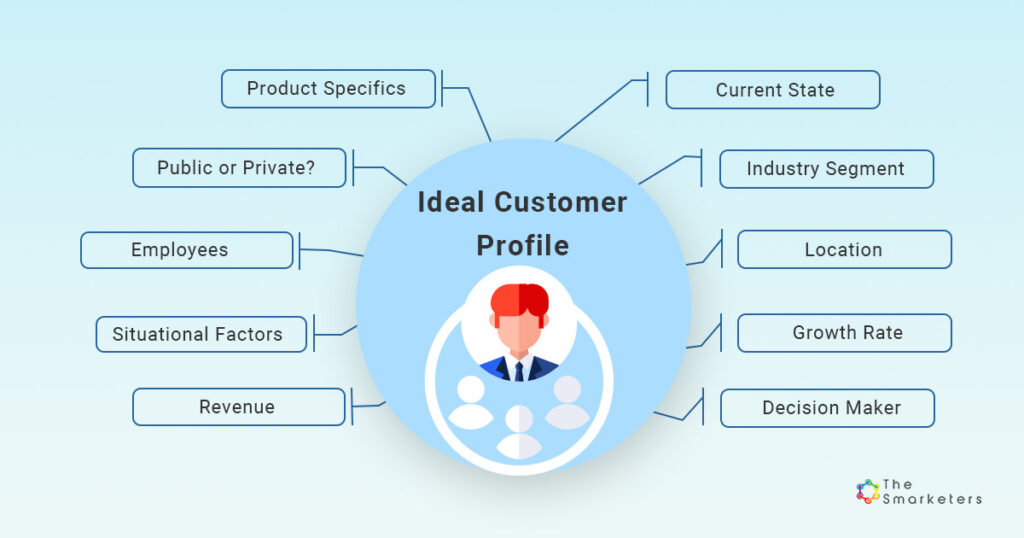
Tactics and Strategy
Another important aspect of planning for your next campaign is to implement what you’ve learned about your tactics and strategy. Analyze the effectiveness of different channels and tactics used in your previous campaign and focus on the ones that performed well and eliminate or improve the ones that underperformed. Additionally, you can also conduct market research and test new tactics to see if they may be more effective for your next campaign.
In summary, planning for your next digital marketing campaign involves setting better goals, implementing what you’ve learned about your audience, refining your tactics and strategy, and being more aware of variables that could impact performance. By taking the time to plan and prepare, you can increase the chances of success for your next marketing efforts.

